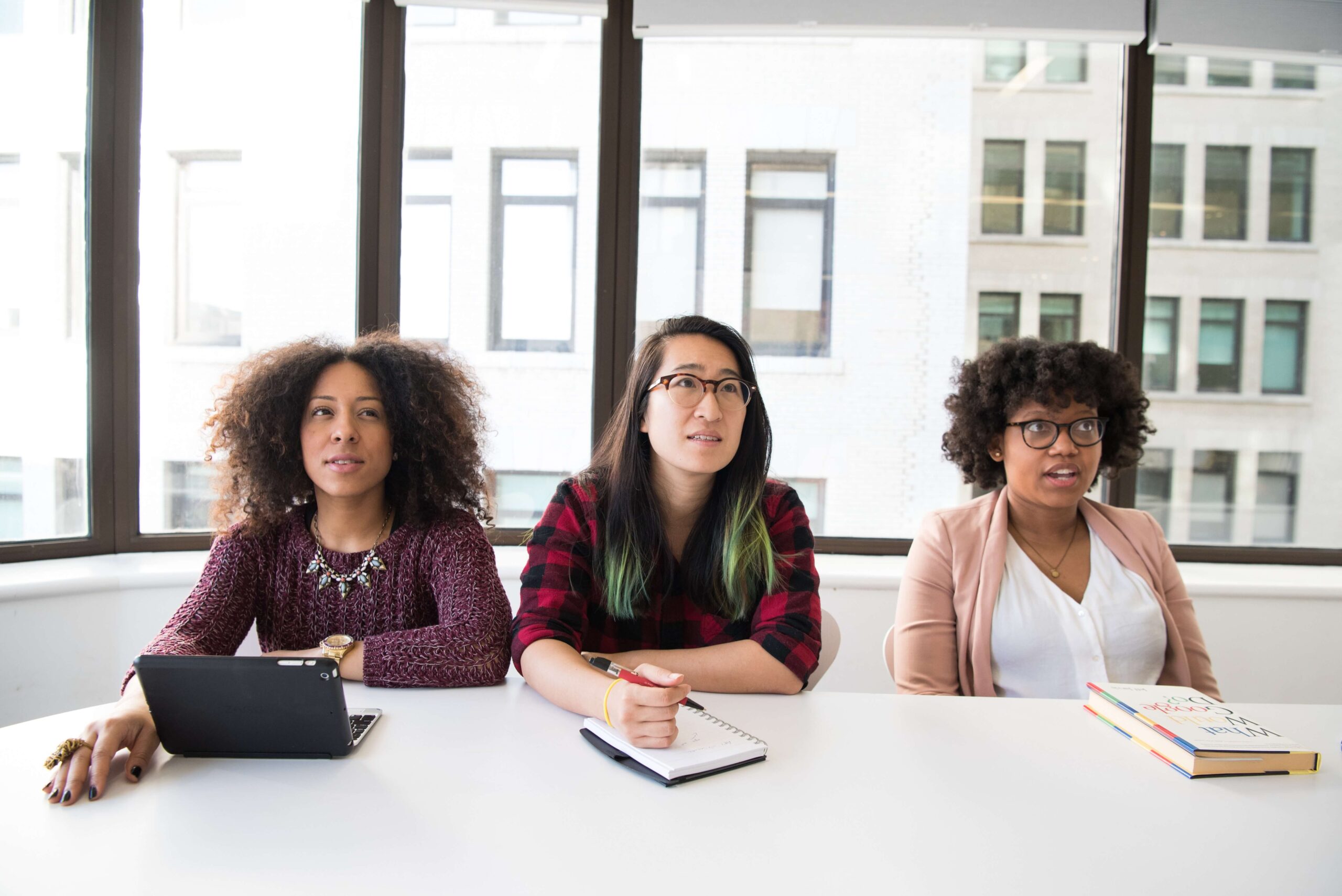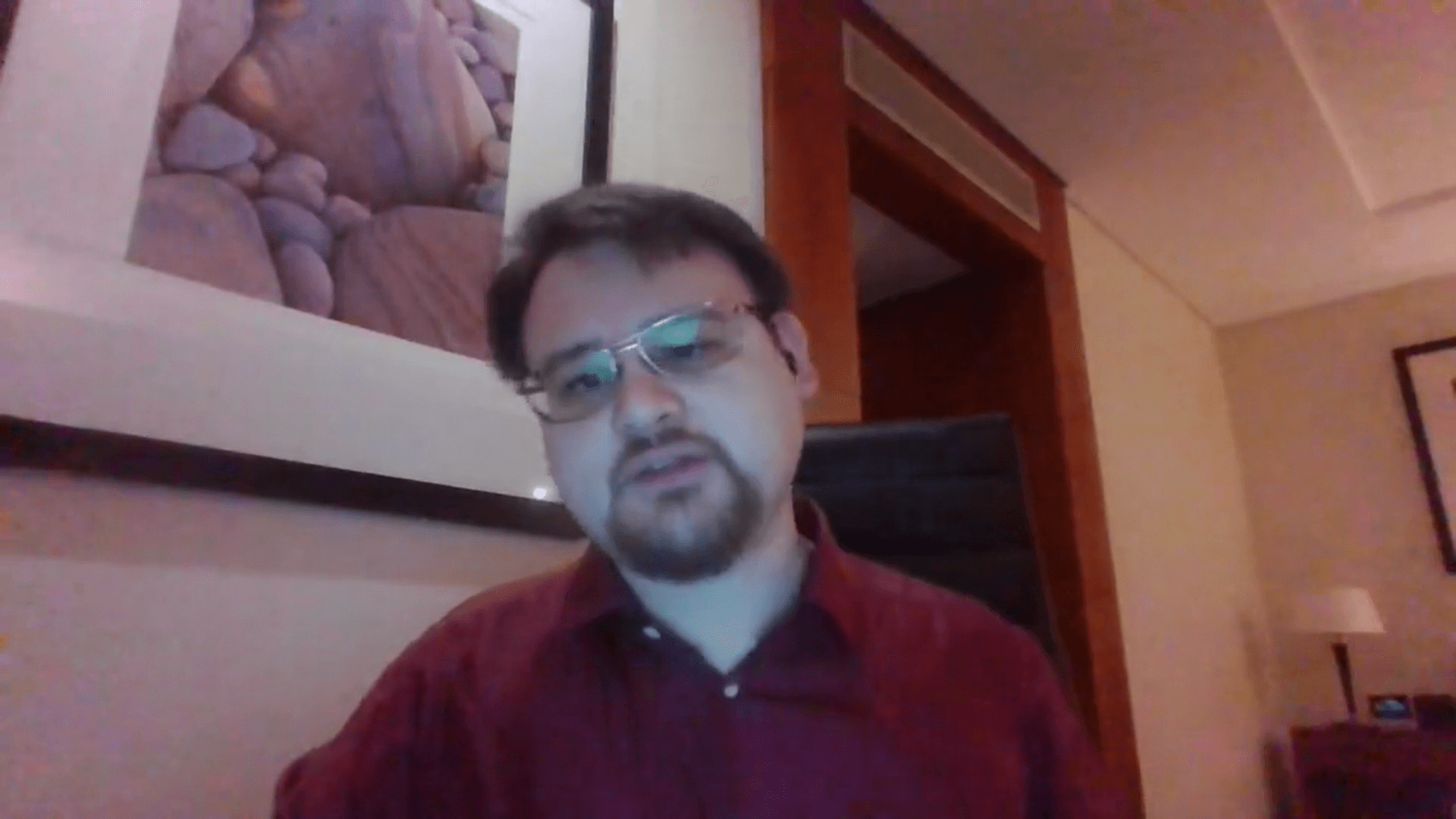Dive into a world of insightful articles, captivating stories, and expert guidance from this institution’s researchers. Explore the latest findings, cutting-edge research, and engaging narratives that contribute to the ever-evolving realm of knowledge.
Featured Academic

This article provides a step-by-step guide for people interested in pursuing a PhD, particularly in the sciences (though much of the advice carries over to other disciplines as well). It emphasizes the importance of identifying personal interests and goals, fully researching different programs, and knowing the key differences between doing a PhD in different countries.

In this article, Bettina Lier shares her experience of applying for a PhD scholarship and how she initially found the application process overwhelming. With the support of her supervisor she overcame her doubts, and successfully completed the proposal. Her story is a great example of how with the right mindset and support, we can overcome any challenge.

In this video, Dr Nicolai Due-Gunderson explores the advantages and disadvantages of basing your PhD on your Master’s topic. Whether you’re considering continuing your studies or are already on the path to pursuing a PhD, this video offers valuable insights to help you make an informed decision about your research direction.

Applying to PhD programs can be confusing, and there is little advice about how to go about applying for them. This article offers three top tips for navigating the PhD application process and making yourself a strong applicant.

Discover the secret power of blogging for PhD students looking to combat boredom and isolation. Kerry McPherson shares her experience starting a collaborative science communication blog and how it led to networking, expanding her communication skills, learning, and even career opportunities.

Spoken communication is a critical skill in academia, requiring clarity, engagement, and adaptability to effectively share research or teach complex concepts. Whether you’re presenting research or explaining scientific principles to students, these tips can help you communicate with confidence and impact.

Dr Nicolai Due-Gundersen shares advice for turning your thesis into a book.

Sue Lynn Mah shares her experience preparing for and passing her PhD viva in her article. In the week leading up to the big day, she re-read her thesis, had a mock viva with her supervisor, practiced explaining her work to people outside of her field, and printed out a physical copy of her thesis. Her tips for viva success include picking out your outfit in advance and practicing your elevator pitch.
Be the first to hear about new content, courses, and events. Join our community today!
You’re in! Thanks for signing up. Keep an eye on your inbox for the latest updates, resources, and exclusive offers.